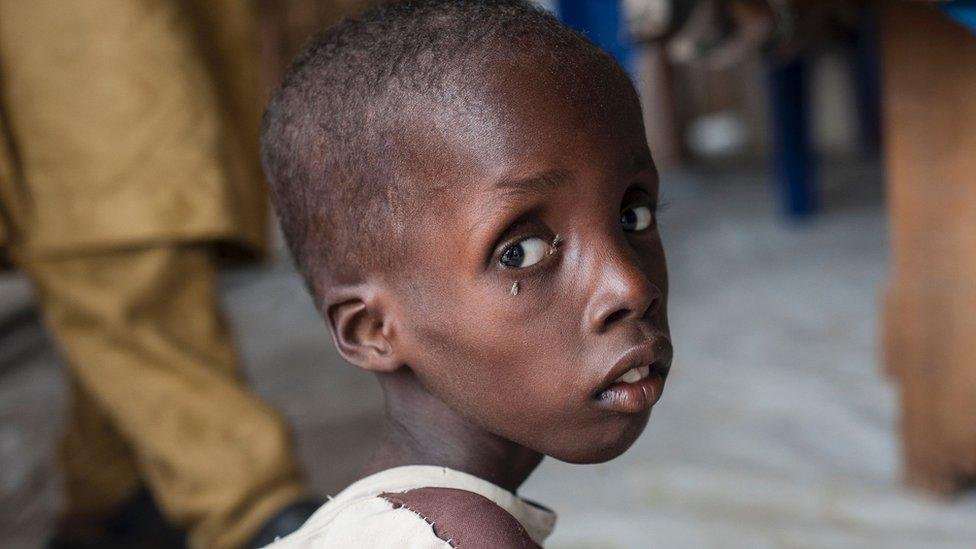AT least One in six children in Katsina State reportedly die before celebrating their 5th birthday, a stark reminder of urgent need to strengthen child survival interventions in the state.
This figure represents 159 per 1,000 live births, with the state population estimated to be 9.64 million, where about 4.5 million of them are children.
The Chief of UNICEF Field Office Kano, Rahama Rihood Farah, disclosed this on Tuesday during a Media Dialogue on Child Sensitive Budgeting and Planning organized by the UNICEF Kano Field Office in collaboration with Katsina State Ministry of Budget and Economic Planning.
He said despite all the efforts being made to change the situation of the children of the State, the data speaks by itself, and it is not flattering where only 41% of children are fully immunized, leaving the majority vulnerable to preventable and life-threatening diseases.
According to Farah, three in four children (75.5%) in Katsina are multi dimensionally poor, lacking access to essential services such as health, education, and adequate nutrition.
He added that, over 6 in 10 children (61.2%) live in monetary poverty, severely limiting household capacity to meet their basic needs.
The data further stated that one-third of children (33.3%) are out of school at the primary level, undermining the state’s future human capital and economic growth.
“Only 23.4% of children aged 6–23 months receive the minimum acceptable diet — a major barrier to healthy growth and brain development.
“More than half (51.3%) of children under five are stunted, indicating chronic malnutrition with long-term consequences on health, learning, and productivity.
“The social sector in Katsina State has been lagging behind over the years. For instance, the approved budget for the social sector has declined between 2016 and 2020: It was: 38.57% in 2016, 36.4% in 2017, 17.8% in 2018, 12.98% in 2020.
“If we need to do something about these alarming social indicators, the budget situation needs to be reversed.
“Children represent over half of Katsina’s population and investing in children – in their health, nutrition, education, protection, and participation – is not charity; it is the most strategic investment Katsina State can make.
“It is an investment in Katsina’s future human capital, it is an investment to break cycles of poverty, build resilience, and secure lasting peace and prosperity.
“The Child Rights Act domesticated in Katsina is not just a legal document; it is a budgetary imperative. It needs to be translated into actions that benefit the vulnerable children.
“Our agenda is singular and critical: ensuring Katsina State’s budgets and plans consciously, deliberately, and effectively prioritize the well-being, development, and protection of every child”, he noted.
Heads and officials of various MDAs and CSOs in the state attended the media dialogue held at the Federal Teaching Hospital, Katsina.







